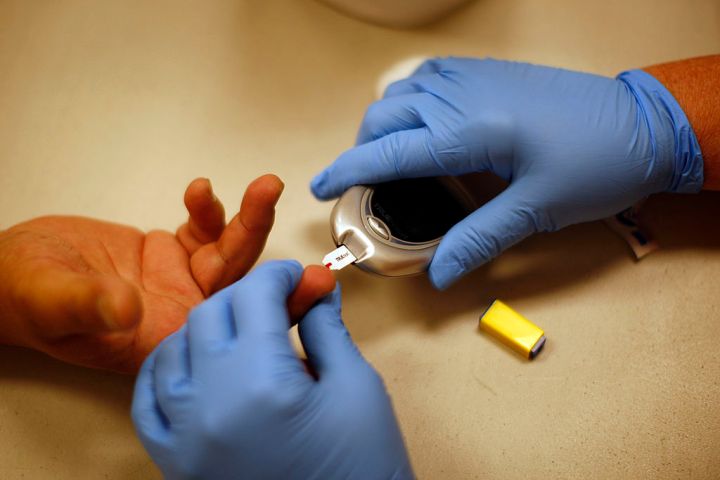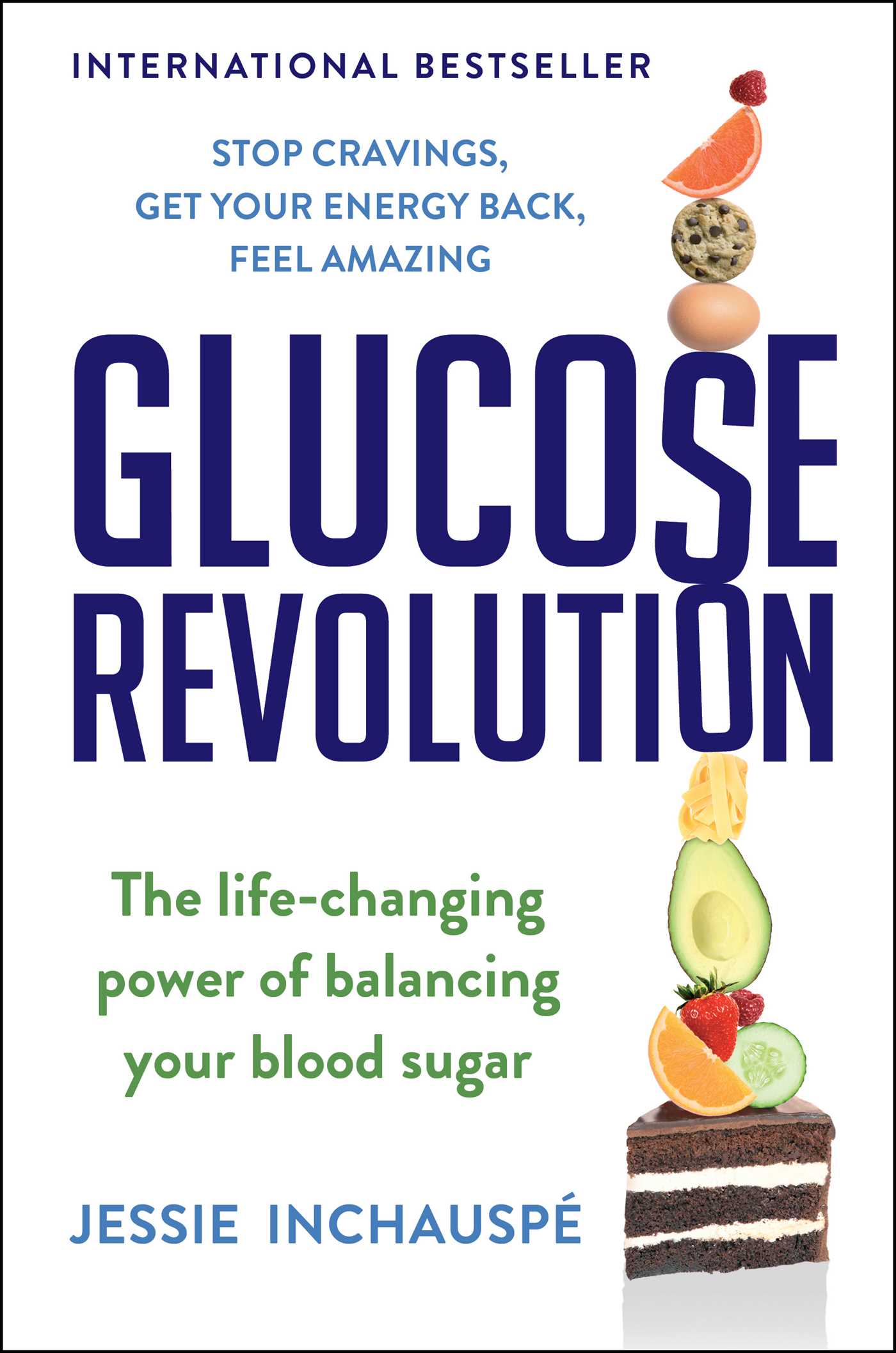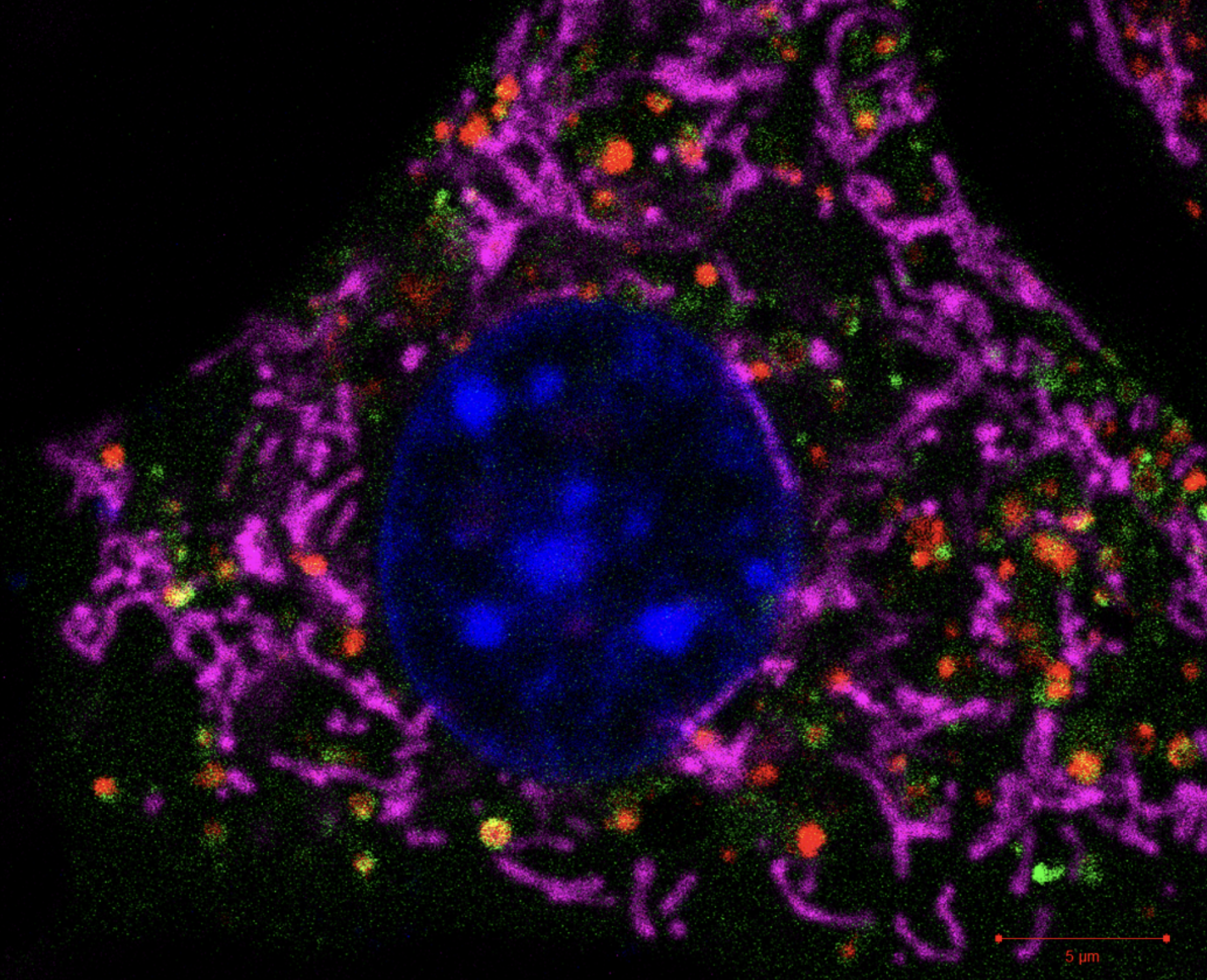WELLNESS
Simple eating tweaks promise maximum longevity — but do they work?

French biochemist Jesse Inchauspé’s latest book, ‘Glucose Revolution’ looks at the damaging effects of high blood sugar and offers ten simple food and lifestyle hacks that promise to lower high blood sugar and prevent or reverse its damaging consequences.
Jesse Inchauspé, aka ‘the Glucose Goddess’ has written another bestseller, the French biochemist, author and, according to her bio ‘product developer’, has an Instagram following of more than two million — and focuses mainly on… Glucose. Her bestseller Glucose Revolution looks at the damaging effects of high blood sugar; it proposes ten simple food and lifestyle hacks — or habits’ tweaks — that should allegedly lower high blood sugar and prevent or reverse its damaging consequences.
According to Inchauspé, these hacks will reduce blood sugar spikes significantly. They will unlock energy, cut cravings, balance hormones, improve one’s skin, speed up weight loss, increase fertility, help prevent cancer and strokes and maximise longevity.

‘Glucose Revolution’ by Jesse Inchauspé book cover. Image: Supplied / Short Books Ltd
Why are high blood sugar levels dangerous?
When we eat carbohydrates or sugar our digestive system produces glucose that enters the bloodstream. As the glucose levels rise, the pancreas secretes a hormone called insulin. Insulin triggers cells to absorb glucose. The excess is stored in the liver and muscles. When blood sugar levels spike too often, our bodies need increasing insulin to cope with it. Eventually, it becomes unmanageable. We become insulin resistant and blood sugar levels increase permanently. This condition is one of the main causes of type 2 diabetes (T2D). Type 2 diabetes is described as a modern pandemic that is preventable.
More than 95% of people with diabetes have type 2 diabetes. T2D can be serious if not treated. It is the leading cause of death in women in SA and the second largest of men. It is estimated that 50% of people who have diabetes don’t even know it. It is usually associated with being overweight.
Inchauspé’s Glucose Revolution explains 10 easy hacks that could avoid blood sugar spikes and boost one’s health. The advice is based on the results of her own experiments paired with scientific research and studies. Although some seem unusual, her followers’ comments are convincing.
She recommends eating food in a specific order. This could reduce glucose spikes by up to 73% and insulin spikes by 43%: eat veggies high in fibre or greens first before you eat the protein and fat and lastly the carbohydrates. If you follow this advice the results could be comparable to taking diabetes medication.
The next hack is adding a green starter to all meals. The fibre in green salad will form a mesh in our intestines. This slows down the absorption of molecules of food which lessen the absorption of calories, glucose and fructose. In her book, she explains that “recent science shows that people who focus on flattening their glucose curves can eat more calories and lose fat more easily than those who eat fewer calories but do not flatten their glucose curves”.
Drinking a tablespoon of vinegar in a glass of water before meals is another easy hack to adopt. It will curb cravings and help burn fat. The health benefits of drinking vinegar have been around for centuries; scientists have recently been able to figure out how it works. Results show that participants who drank vinegar before meals for three months lost 2.2 kg visceral fat. In one study, two groups were put on a calorie-restricted diet; the group which drank vinegar before meals lost twice as much weight.
Visit Daily Maverick’s home page for more news, analysis and investigations
And for those who like a sweet treat but don’t want to compromise their health or gain weight, she has the answer. Combine the starches or sugars with some fat, protein or fibre and when possible eat the fat, protein and fibre first. This will minimise the spikes and reduce how quickly and how much glucose is absorbed by one’s body.
To hack or not to hack
Convinced and ready to adopt the hacks? You might have second thoughts if you listen to what Physiological Sciences Prof Ben Loos, from the University of Stellenbosch, has to say.
His research focuses on the role of cellular metabolism, preventing neurodegenerative diseases and promoting longevity. Loos says it is commendable that Glucose Revolution highlights the damaging effects of high blood sugar. He is worried that there is no attempt to change the poor background diet. This, he believes is dangerous and could create an impression that it is harmless to continue with a diet that leads to high glucose and insulin levels as long as one adopts the hacks offered in the book and on her social media platforms. A healthy lifestyle is crucial to prevent poor ageing and promote metabolic fitness; poor ageing is the largest risk factor in developing neurodegenerative diseases. He is doubtful if eating food in a specific order, drinking vinegar or combining carbs with fibre, fat and protein will make any significant difference in lowering blood sugar levels and insulin spikes. The way individuals metabolise food is highly personalised. Loos believes it is risky to advocate simple tweaks in one’s diet or lifestyle as a long-term solution.

A cell undergoing autophagy (green organelles) – the magenta structures are the place where it all happens, metabolites generate energy (ATP). Image: Supplied by Professor Ben Loos
He adds that to reduce insulin spikes as much as possible, it is best achieved by eating fewer carbs and sugars. One does not need to eat carbs or sugars to have sufficient glucose levels as the body produces it from metabolites. The best diet is one that contains fats, protein, veggies and some fruit.
Loos is also a strong supporter of intermittent fasting which brings down insulin and glucose levels completely. Once this happens, detoxification of cells occurs. This process is called autophagy. Another tip to help reduce spikes is to do regular aerobic exercises and fast every three months; this, he says, is key to successful ageing. It decreases inflammation and reduces the risk of developing cancer, heart disease and Alzheimer’s.
Ria Catsicas is another expert who is reluctant to support Inchauspé’s hacks. She is a registered dietician who works extensively with diabetic patients. She believes that glucose spikes are one of many factors that lead to insulin resistance and says that one should look at it holistically. Genetic disposition, stress, inactivity as well as other aspects of the diet independent of spikes, influence blood sugar levels and the way in which we metabolise food.
Catsicas believes it is important to eat the right types of carbohydrates in controlled quantities; she also disagrees that eating food in a particular order and controlling blood sugar levels will increase weight loss. It has to go hand in hand with eating fewer calories. She says research does not always meet strict scientific criteria. And although she agrees that vinegar lowers the glucose response but questions how effective it is in contributing to weight loss. Her tips for healthy ageing are to drink 1-2 litres of water per day and eat two to three meals that include unprocessed nutritionally dense food. It must contain lots of vegetables, fruits, lean protein sources, legumes, whole grains, all types of fish, seeds, nuts and plant oils.
So where to from here? If the contradictory advice leaves you more confused than before, then remember that eating in moderation and living a life that makes you happy is probably the best medicine to maximise healthy ageing. DM/ ML



















 Become an Insider
Become an Insider
Comments - Please login in order to comment.